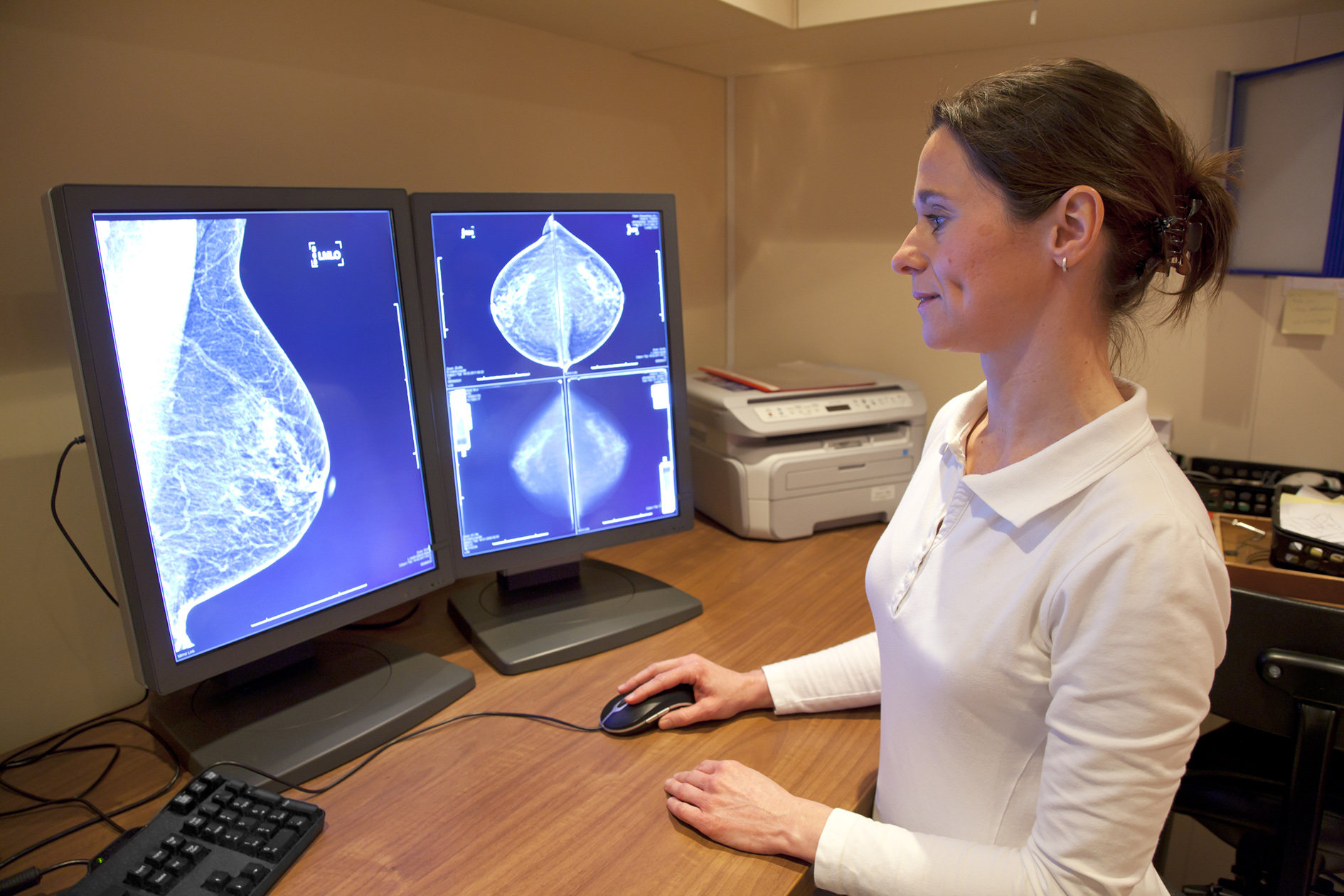NHS IT glitch ‘caused deaths by cancelling cancer screening’

A computer error is likely to be at the root of why 450,000 women missed breast cancer screenings, with hundreds possibly dying as a result.
Health secretary Jeremy Hunt has launched an independent inquiry to discover why so many women did not receive a letter inviting them to attend a routine screening.
It is thought that an IT error made in 2009 is responsible for the situation that, it is currently estimated, led to the death of 270 women.
The mistake, uncovered by Public Health England (PHE) in January, was attributed to a failure in the computer programme algorithm. It meant that women aged between 70 and 79 were not invited for their final screening between 2009 and the beginning of this year.

Health secretary Jeremy Hunt
Addressing the House of Commons on the matter, Hunt said he "apologised wholeheartedly and unreservedly" for the suffering caused.
All of the women had been enrolled in the AgeX NHS trial, which aims to find out whether older women benefit from having extra breast cancer screening. When the trial began in 2009, half of the women were randomly ‘flagged’ so that they did not receive further screening appointments. This control group – the flagged cohort – represents the 450,000 women.
Women aged 71 to 73 should have had a last routine scan three years after their last mammogram and before their 70th birthday. But the NHS screening computer programme appears to have cancelled it, which means some women entering the trial had their final screening aged 67 or 68. The trial is co-ordinated by the cancer epidemiology unit at the University of Oxford.
The women who missed screening and are still alive – numbering 309,000 – will be sent a letter telling them about the error before the end of May. The first batch of 65,000 letters will be sent out this week.
Women aged under 72 will be asked to have a catch-up screening and older women will be directed to a helpline to help them to decide whether to have screening.
Those women aged 70-79 who are registered with a GP and do not receive a letter are not affected and will not need a catch-up screening.
PHE has advised women to be aware of any changes to their breasts and to contact their GP if they have any concerns about the latter.


